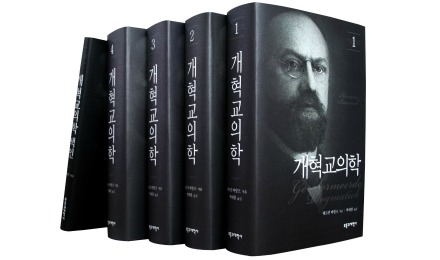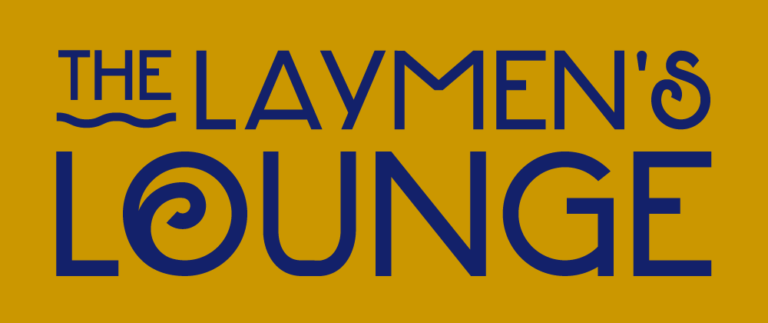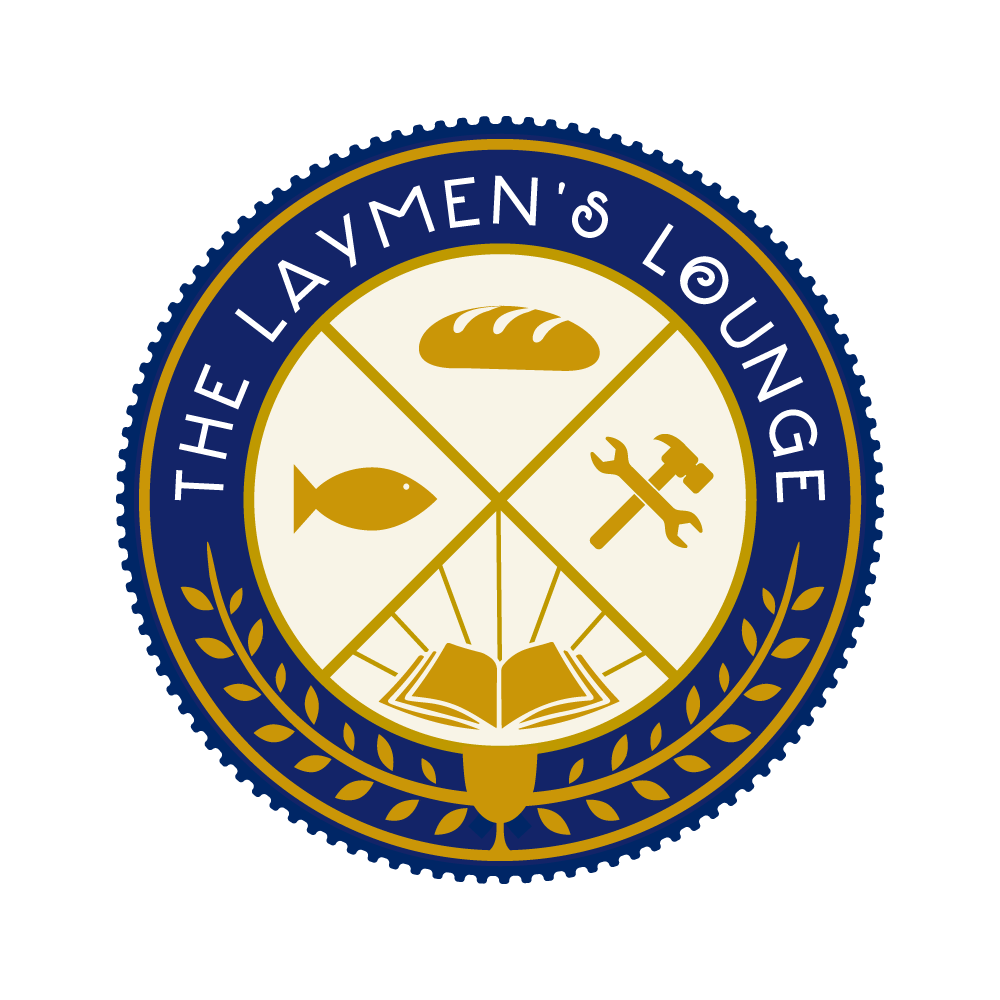NOTE FROM THE EDITOR: This is the sixth article in a series that will run the next few months called “The State of Neo-Calvinism.” Come back each week to read about the state and influence of Neo-Calvinisim in nations all over the globe. To listen to the kick-off podcast interview with George Harinck click here. For Jordan Ballor on the USA click here, Thiago Machado Silva on Brazil click here, Surya Harefa on Japan click here, for Steve Bishop on England click here, for Andrés García on Mexico click here, for Tinus van der Walt on South Africa click here, and for Steve Bishop on Wales click here.
By Jae-Eun Park
1. Background
The introduction of Neo-Calvinism to South Korea can be traced back to Dr. Hyung-Ryong Park (1897-1978). Dr. Hyung-Ryong Park studied at Princeton Theological Seminary in the United States from 1923 to 1926 and received a Th.B. and Th.M. degree. After grating these degrees, he earned a Ph.D. at Southern Theological Baptist Seminary in the United States in focusing on Christian Apologetics. After returning to South Korea, Dr. Park developed theology centering on the theology of Herman Bavinck and Louis Berkhof, so it can be said that the neo-Calvinist theological method was planted in South Korea from the early 1900s through Dr. Park and his academic works.
In the case of Dr. Yun Sun Park (1905-1988), he can be evaluated as a scholar who planted the seeds of Neo-Calvinism in Korean soil in earnest. Dr. Yun Sun Park received a Th.M. degree from Westminster Theological Seminary (Philadelphia). After completing his degree, he returned to Korea in 1936. Then, in 1953-1954, he studied at Free University of Amsterdam in the Netherlands for one year, where he experienced Neo-Calvinism firsthand. After his return to Korea, Dr. Park also took a root in the New Calvinist theological tradition in Korean seminaries.
If the seeds of Neo-Calvinism were sown in Korea through Dr. Hyung-Ryong Park and Yun Sun Park, the Neo-Calvinist movement began to unfold in Korea in earnest due to Dr. Bong-Ho Son (1938-), who returned to Korea in 1972 after receiving a Ph.D. degree from Free University of Amsterdam in the Netherlands. Dr. Young-An Kang (1952-) also returned to Korea after receiving his doctorate from Free University of Amsterdam in the Netherlands in 1985 and developed Christian philosophy from his neo-Calvinist perspective. Dr. Kuk-Won Shin (1953-) also majored in apologetics at Westminster Theological Seminary (Philadelphia) in the US and then majored in cultural philosophy at Free University of Amsterdam in the Netherlands, trying to introduce Neo-Calvinism to Korea.
The theology of Abraham Kuyper and Hermann Bavinck was brought to Korea by these scholars, and the neo-Calvinist tradition was introduced to Korea more broadly as the students who were influenced by these scholars left to study in abroad and returned to Korea after completing their degrees.
2. Institution
In 1987, Dr. Bong-Ho Son returned to Korea after studying abroad and established an organization called “Christian Ethics Practice Movement.” Its mission is to create a worthy ethical life, honest Christians, a trusted church, and a just and peaceful society. Although it did not specify a particular theological direction, it is an organization that generally tries to fulfill its mission within the tradition of Neo-Calvinism. The core values of this organization are ‘Honesty,’ ‘Responsibility,’ and ‘Justice’.
Some of the founding intentions of the Christian Ethics Movement are as follows.
“Some of us Christians first recognize that all the absurdities of society and the state are due to our own injustice, repent of it, remove the crossbeam from our eyes first, and then start the Christian ethical practice movement, thinking that we can fulfill our prophetic mission for society. This is to inspire each other with the lifestyle and social responsibility that those who obey Christ should have, not to slander or criticize others, it is a layman’s movement, not a church movement representing a specific Korean Christianity. This movement is by no means intended to downplay the basic doctrine of salvation through faith in Christ alone nor to assert that ethical behavior can merit salvation. However, faith without works is dead faith, and we want to obey the teachings of the Bible that the life of a born-again believer must be godly and become the light and salt of the world. This obedience is not limited to individual life, but is intended to extend to the achievement of social justice and the fulfillment of the historical mission given to us.”
Although the name ‘Neo-Calvinism’ is not often used in everyday life of South Korea, many Christian intellectuals have participated in the movement to realize God’s sovereignty in all areas of life, practicing missionary missions in various fields of politics, economy, society, and culture.
3. Publication
The major works of Abraham Kuyper and Herman Bavinck are constantly being translated into Korean. The primary sources of Kuyper, such as Het Calvinisme, Soevereiniteit in eigen kring, Common Grace, To Be Near Unto God, Our Program: A Christian Political Manifesto, as well as major secondary sources of Kuyper were translated into Korean. In the case of Bavinck’s work, an encouraging situation is unfolding in Korea, where more are being translated than Kuyper. Bavinck’s primary sources such as Gereformeerde Dogmatiek, Reformed Ethics, Christelijke Wereldbeschouwing, Our Reasonable Faith, The Philosophy of Revelation, The Sacrifice of Praise, Saved By Grace, De Zekerheid des Geloofs, as well as some secondary sources has been translated in Korean.
In particular, Korean translations have the advantage of being able to read the writings of neo-Calvinist theologians more accurately as there are many translations directly from Dutch as well as translations from English.

4. Christian Worldview Movement
In South Korea, the Christian worldview movement began in the 1970s. In the 1970s, Korean university society was mainly led by Christian social gospel movements such as Marxist materialist ideology, social transformation ideology, liberation theology, and Minjung theology (Korean version of liberation theology). The Christian worldview movement based on Neo-Calvinism was the theological reaction to this kind of humanistic worldview movement. In particular, the Christian worldview movement made efforts to build an ethical Korean society and establish Christian culture based on common grace, and promoted a Korean society in which God’s will is realized through political participation and social enlightenment. Under the theological banner of Neo-Calvinism, the ‘Christian Research Society’ was established and began to translate, study, and publish Christian philosophical books in a base of Neo-Calvinistic tradition.
5. The flow of academia
As scholars who have studied in the US and Europe recently returned to Korea, research on Kuyper, Bavinck, and Neo-Calvinism has more deepened than before. In 2021, various theological conferences were held to commemorate the 100th anniversary of Bavinck’s death, and in-depth research and discussion on Bavinck’s theology took place.
Since the theology of Abraham Kuyper and Herman Bavinck is the subject of thesis that appears frequently in Reformed theological journals, the neo-Calvinist tradition is still strong in Korean conservative Reformed theology. In the case of Chongshin Theological Seminary, the largest Reformed Presbyterian Seminary in South Korea, teaching materials for one of the major systematic theology subjects are Bavinck’s Gereformeerde Dogmatiek and Reformed Ethics.
Jae-Eun Park (Ph.D., Calvin Theological Seminary) is an assistant professor in the department of systematic theology at Chongshin Theological Seminary, South Korea. He earned a Th.M. (2009-2011) and a Ph.D. degree (2011-2016) in systematic theology from Calvin Theological Seminary, USA. His dissertation has published as a title Driven by God: Active Justification and Definitive Sanctification in the Soteriology of Bavinck, Comrie, Witsius, and Kuyper (Göttingen: Vandenhoeck & Ruprecht, 2018). Park’s research articles can be found in such publication as Journal of Reformed Theology, Reformation & Renaissance Review, Reformed Theological Review, Mid-America Journal of Theology, Puritan Reformed Journal, etc. His published articles and books can be found in here.


